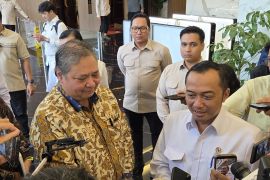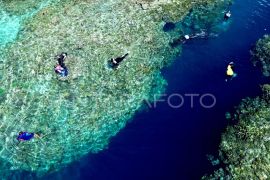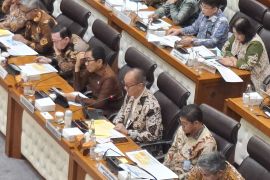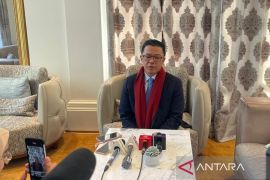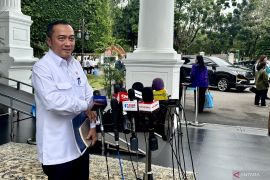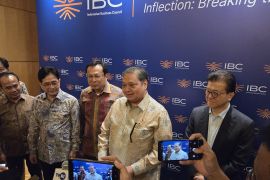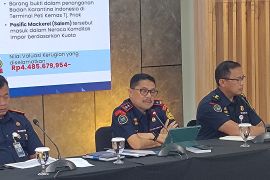Tbilisi is one of the closest U.S. allies in the former Soviet Union, and Washington has aided the Southern Caucasus state to modernise its economy and infrastructure since pro-Western leader Mikheil Saakashvili came to power in 2004.
Georgia and neighbouring Armenia and Azerbaijan have had outbreaks of bird flu and swine flu in the past few years, although there have been no major epidemics in the region.
"What we are trying to do is to fill in some of the gaps around the world to give us a better global picture of the trends and ways in which diseases crop up and threaten," John Bass, the U.S. Ambassador to Georgia, told Reuters.
"It`s not an intention to conduct secret research here. This is not a facility designed to research on biological weapons of any sort or ... to provide cover for some other type of biological research," he said.
Construction of the high-tech lab, funded by the U.S. government, began in 2006 near Tbilisi`s international airport.
Georgian and American scientists will work on infectious disease detection, epidemiological surveillance and research, Bass said.
Asked if Russia, which fought a brief war with Georgia in August 2008 over the breakaway Abkhazia and South Ossetia regions, had voiced concern, he said that the partners had been "transparent with the Russian government" about the facility.
Bass said similar facilities were operating in the United States and some countries in Europe as well as in Kenya, Thailand and Egypt.
But "some sensitive research" would be conducted at the lab, which required a high level of security to be provided by the Georgian government, he said.
Asked whether the lab could become a target for terrorists, he said: "It will have good security in place ... We think that will ensure that it does not become a target." (*)
Editor: Kunto Wibisono
Copyright © ANTARA 2011
